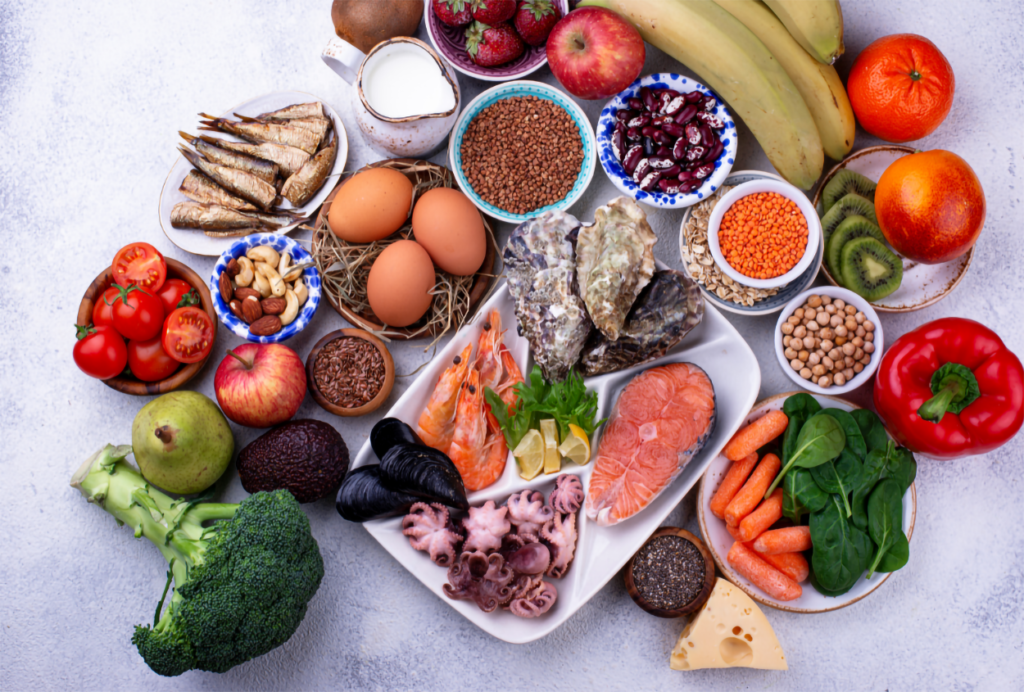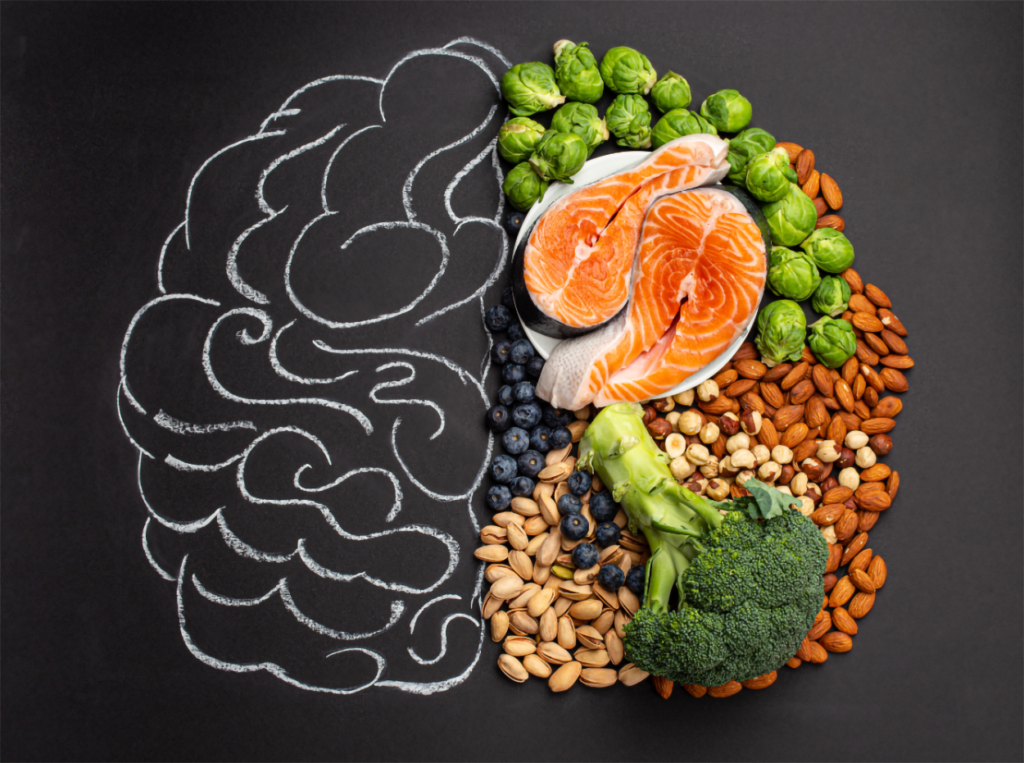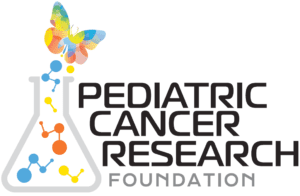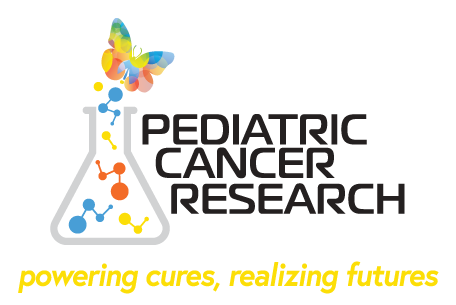
BY KELLY SPRINGER, MS, RD, CRN
Founder
KELLY’S CHOICE, LLC
In today’s world, many people are seeking ways to prioritize their mental well-being. More people are meditating to deal with their stress and others are increasing their time outdoors. It may come as a surprise, then, that one area gaining growing acclaim for its ability to improve mental wellbeing is good nutrition. It is even spawning a new scientific field called nutritional psychiatry.
At the core of this emerging area of science that is rapidly becoming mainstream is increasing evidence supporting the link between what we eat and how we feel. Studies show that nutritional deficiencies are linked to depression and that we can improve our mental outlook by first improving gut health.
Let me explain more.
Your brain is always ON! It oversees your thoughts and movements, your breathing, your heartbeat, and all of your senses. This means your brain requires a constant supply of fuel. And that “fuel” comes from the foods you eat.
Your gut is often referred to as your second brain because of its complex network of neurons and neurotransmitters that regulate the central nervous system. This enteric nervous system, lining the gastrointestinal tract, plays a crucial role in digestion, nutrient absorption, and even influencing mood and emotions. Serotonin, known as the “happy chemical,” regulates mood, appetite, and sleep, with most of it produced in the gut. Dopamine is associated with pleasure and reward; it also protects the gastrointestinal lining. Endorphins, natural painkillers, are released during stress and exercise, helping to alleviate discomfort and promote well-being. Together, these neurotransmitters underscore the intricate connection between the gut and emotional well-being, highlighting its significance as a second brain in the body.

This article outlines several nutrients that support your brain and your gut. Regular consumption of them may contribute to improvements in your mental outlook.
1. Complex Carbs
Complex carbohydrates boost serotonin levels and have a calming effect. Studies show a positive link between complex carbs and mental health, while processed carbs can worsen mental well-being (Amjad et al, 2021).
Great complex carb food choices include brown rice, quinoa, sweet potatoes, green peas and, turnips.
2. Probiotics
Probiotics are live bacteria living in your gut; these billions of healthy bacteria aid in digestion and also have therapeutic roles in managing symptoms of depression (Smith, John B. et al, 2017).
Probiotics are found in yogurt, cottage cheese and other fermented foods like kombucha, sauerkraut and kefir.
3. Fiber and Prebiotics
You need to feed your probiotics for them to function optimally. Dietary fiber and prebiotics feed your probiotics, which in turn produce healthy gut bacteria.
The complex carbs mentioned above are good sources of fiber as are bananas, apples, oats, asparagus, and soybeans. Artichokes, onions, garlic, chia seeds, and flax seeds are excellent prebiotics sources.
Current studies indicate that these nutrients have positive effects on reducing anxiety, depression, and stabilizing levels of healthy bacteria in the gut (Taylor, A. M., & Holscher, H. D., 2020).
4. Lean Protein
Protein is comprised of amino acids that help produce neurotransmitters to prevent and treat depression and anxiety. Lean protein sources can balance serotonin levels, regulating mood. Lean protein foods I suggest include eggs, lentils, white fish, tofu, and lean beef.
5. Omega-3 Fatty Acids
Omega-3 Fatty Acids are found in plant oils, fish, and seafood. Consumption of omega-3 fatty acids is linked to lower risk of cognitive issues.
Omega-3 foods I suggest include avocado, olive oil, walnuts, and mackerel.

6. Iron
Iron is essential for cellular metabolism and neurological function. Studies show that iron supports cognitive functioning and neurotransmitter activity.
Great iron food choices include lean cuts of beef, whole grains, leafy greens, nuts, seeds, and dried fruit.
7. Folate
Supplementation with folate may reduce depression symptoms. Deficiency in folate is linked to depressive disorders. Supplementation with folate may be found to play an important role in effective antidepressant treatment.
High-folate foods I recommend are legumes, broccoli, citrus fruits, eggs, and liver.
8. Antioxidant Vitamins (C and E)
Vitamins C and E prevent oxidative damage and can remove free radicals that cause stress in the brain.
Foods that are high in vitamin C or E include avocado, spinach, broccoli, kiwi, and black currants.
A final recommendation that I have about nutrition for mental health is to try to reduce the amount of processed food you eat. The less processed the food is, the more nutrients you will get to feed your brain and gut! This is what Kelly’s Choice is all about — we are real people promoting real food.
Have a Question?
Do you have a question about health and wellness that you’ve always wanted to ask a registered dietician? Send an email to info@pcrf-kids.org and PCRF’s Wellness Expert Kelly Springer may answer it in her article posting next week!
Check back next Friday for Kelly’s answers to community questions.
References:
- Amjad, A. et al. (2021). “Comparison of effects of simple and complex carbohydrates on mental health, a systematic review.” Innt. Med. Health Sci. 1(1), 63-68.
- Smith, John A., et al. “The effects of probiotics on symptoms of depression: A systematic review and meta-analysis.” Gastroenterology, vol. 152, no. 4, 2017, pp. 854-866.
- Taylor, A. M., & Holscher, H. D. (2020). “A review of dietary and microbial connections to depression, anxiety, and stress.” Nutritional Neuroscience, 23(3), 237-250.
The forgoing article reflects the views of Kelly’s Choice, LLC. The Pediatric Cancer Research Foundation does not provide medical or nutritional advice and does not have a position with respect to the views expressed by the above.




